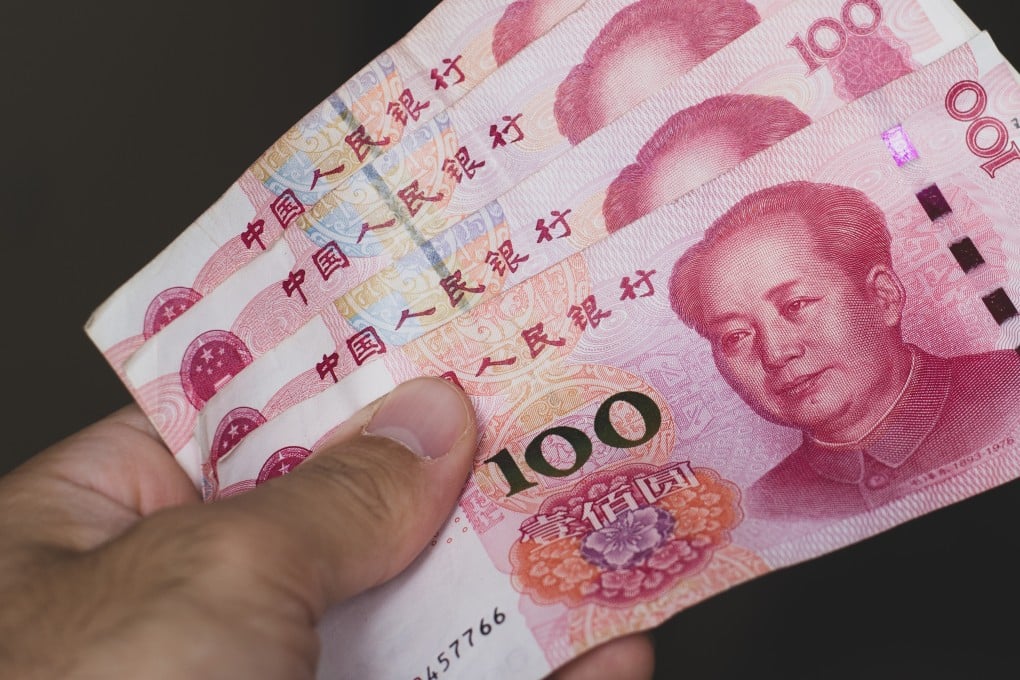China’s yuan bond market could attract US$400 billion a year over next decade, IIF research shows
- Central banks were behind 60 per cent of the flows to Chinese government yuan bonds in the first quarter of 2021, said the Institute of International Finance (IIF)
- Last year, a net US$47.3 billion from foreign portfolios made its way into Chinese stocks, the research showed

Foreign flows to China’s local currency government bond market could balloon to US$400 billion annually, an analysis from the Institute of International Finance (IIF) showed.
While flows to Chinese bonds have continued to rise as the country opens up to foreign investors and its bonds are included in major indices, “they remain small relative to China’s [gross domestic product] and share of global trade,” said the IIF report.
It is estimated that if global yuan reserves rose from 1.8 per cent to 3 per cent of China’s gross domestic product over the next 10 years, “annual flows to the local bond market would consistently exceed US$400 billion”.
Separate data from the IIF showed that for last year a net US$47.3 billion from foreign portfolios made its way into Chinese stocks, while US$198.3 billion was attracted by a variety of debt instruments.
In the first quarter of this year, net foreign inflows to Chinese stocks and debt totalled US$83.1 billion.
“There is obvious scope for reserves in yuan to increase but we work with conservative projections given persistent diplomatic tensions,” the IIF said, citing a “tense and complex” relationship between Beijing and Washington.